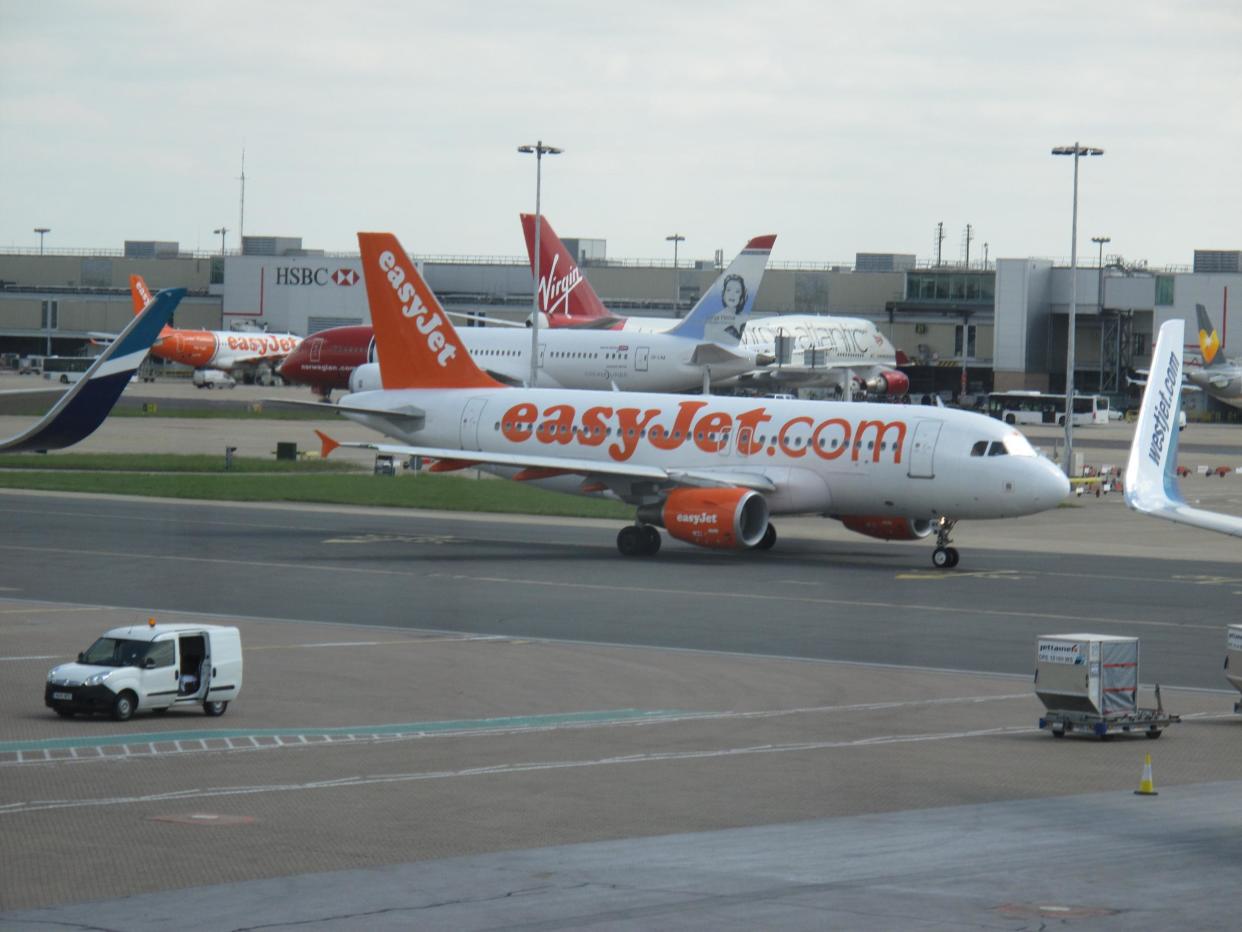Airlines rubbish government plans for greater transparency on fares and charges

Airlines have dismissed government plans to crack down on the way that extra charges are calculated and applied to flight bookings.
The Department for Transport (DfT) wants to improve clarity when travellers are booking flights so they can compare like with like, and reduce the occurrence of unexpected charges appearing just before the payment stage.
The aviation minister, Baroness Sugg, said: “When passengers book flights, they can sometimes be hit with additional charges over and above the original quoted flight cost.
“We want to ensure people have as much information as possible when making decisions over which flight to book.
“We will explore ways to improve and enhance the information available, so passengers can make well-informed decisions before deciding who to fly with.”
Before the no-frills revolution, airlines offered broadly the same deal, including a meal, a drink and a 20kg baggage allowance. But with the rise of easyJet, Ryanair and other budget carriers, every airline now has its own set of policies.
While consumers’ groups broadly welcome greater transparency, airlines have been scathing about the chances of such a plan succeeding.
“We all do things differently, and we all make it clear what our rules are,” said a senior executive at one low-cost carrier. “I just don’t see how it could work.”
Research by The Independent on a single route, London to Lisbon, shows the complexity involved. The four competing airlines – British Airways, easyJet, Ryanair and TAP Portugal – have wildly different policies.
BA offers an extremely generous cabin-baggage limit; Ryanair and TAP Portugal allow two pieces but no more than 10kg; and easyJet has no weight limit but restricts passengers to one piece.
On board, all except TAP Portugal (and British Airways’ business class) charge for food and drink; the Portuguese airline provides economy passengers with a complimentary sandwich, hot drink and alcoholic drink, which on other airlines would cost roughly £10.
It is not clear how such diverse information could be fairly presented in a digestible form.
The DfT is also investigating charges imposed by airlines for items such as baggage checked in at the airport and reprinting boarding passes – for which Ryanair has a £20 fee.
Officials are considering whether the charges are out of proportion to the costs involved. But airlines reject the accusation that their fees are unreasonable.
“All our charges are clear,” said the airline executive. “If you don’t like them, don’t book with us.”


